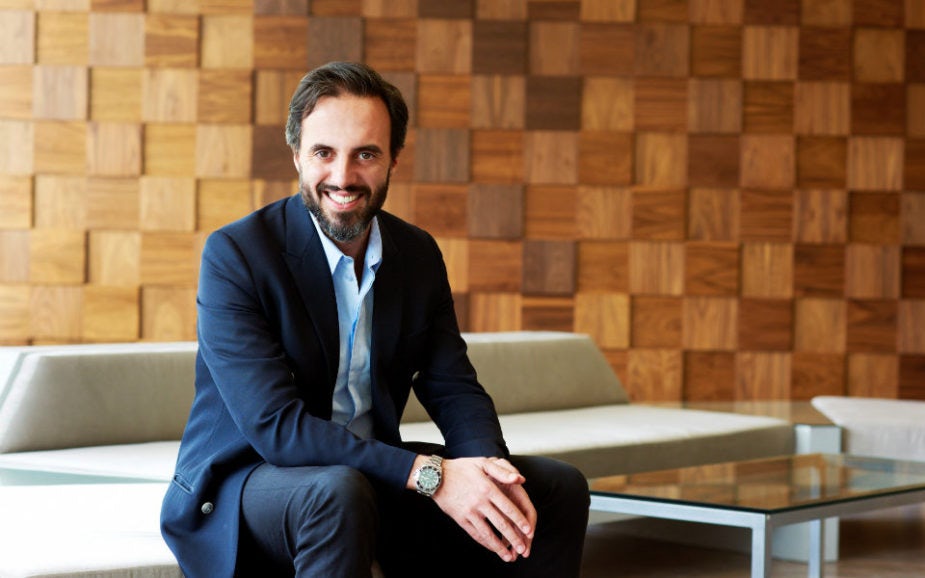José Neves, the founder, chairman and president of Farfetch, the luxury goods platform company that he founded in 2007, has been removed by Bom Kim the Korean tycoon who has absorbed the company into luxury goods rival Coupang.
The move, which happened on Thursday, comes two weeks after Coupang, an Amazon-style shopping platform and a dominant player in South East Asia, concluded the acquisition of the former tech unicorn with Portuguese DNA.
The South Korean company will from today start a round of redundancies worldwide, starting with Portugal where it has the most staff according to Women’s Wear Daily (WWD) — a US fashion magazine.
A total of around 3,000 people, divided between offices in Braga, Guimarães and Matosinhos could all potentially be made redundant.
“After evaluating the main priorities and resources across the entire business, we have taken the difficult but necessary decision for global redundancies” states the company in a communiqué.
Coupang justifies the decision for mass redundancies because it will “sustain the future of the business and, as a result, enable to Farfetch to operate from a stronger position by focusing on what it does best: providing exceptional experiences for (luxury) brands, boutiques and customers.”
After Portugal, redundancies will take place in the United Kingdom and other locations where the company had a presence. Negotiations with employees over severance packages will be discussed on Monday, February 19.
The removal of José Neves comes at a time when other senior management figures at Farfetch have been invited to leave the company, including Elizabeth Von Der Goltz, head of fashion, and executive president of Browns, and Kelly Kowal, director of the platform Farfetch Solutions, among others. WWD reports that José Neves will be kept on as a consultant.
In 2015 Farfetch became the first company with Portuguese DNA to become a unicorn when it was valued at €1Bn. At its height, Farfetch shares were trading at over US$70.
In December 2023, after trading in the company’s shares on the NYSE was suspended when they were changing hands for a matter of cents, Coupang owner Bom Kim injected US$500 million into the company without which it would have been forced into bankruptcy after previous investors pulled the cash plug.
Farfetch largely failed because of a perfect storm of conditions including the lengthy closure of the Chinese market during he Covid-19 (one of its main markets) and the war in Ukraine forced it to abandon Russia (another key market).
A series of bad strategic decisions had also been taken to disastrously diversify into other business areas that diverged from its core business reminiscent of the Levis story in the 1970s when diversification into non-core jeans areas almost spelled the end of that company.
The final nail in the coffin came when Farfetch decided not to present its results for the first nine months of 2023 at the end of November after José Neves had said in August that the company was on track to have a good year.

